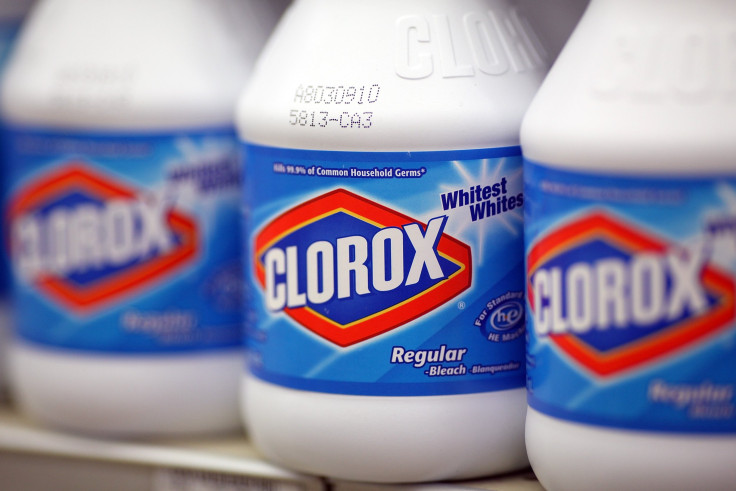Do Disinfectants Really Make A Big Impact On Slowing The Spread Of COVID?
KEY POINTS
- Air is the most effective route of transmission
- Some disinfectants are dangerous if used incorrectly
- CDC limits its guidance to masks, hand washing and social distancing
The general public may do more to contain the spread of the novel coronavirus by focusing on ventilation over disinfecting surfaces, health experts said Monday.
Early on in the pandemic, it was assumed that carriers of the novel coronavirus that causes COVID-19 could spread the infection by leaving tiny droplets from coughs or sneezes on various services. Others would then transfer that infected material to their hands and face.
Linsey Marr, a Virginia Tech professor focusing on the airborne transmission of infectious diseases, told National Public Radio that is not necessarily the case.
“All the evidence points toward breathing in the virus from the air as being the most important route of transmission,” she said in a feature Monday.
Even talking too loudly could disperse particles containing the virus through the air. Those tiny droplets could in turn land on various surfaces and the general advice early on was to wipe down things like doorknobs, countertops and even packages with disinfectant.
Emanuel Goldman, a microbiologist at Rutgers University, said it is more likely that what’s left behind isn’t a viable pathogen but genetic material left over from a dead virus.
"In hospitals, surfaces have been tested near COVID-19 patients, and no infectious virus can be identified," he told the broadcaster.
Studies that did show a viral transfer to surfaces were conducted in a laboratory setting using larger amounts of a virus than would be the case in public.
For her part, Marr from Virginia Tech said it may be better to focus on proper ventilation given the ability of a virus to linger in the air.
“It would be better to use ultraviolet germicide and radiation, which we know can kill these viruses in the air,” added Dr. Kevin Fennelly, a specialist on respiratory infections at the National Institutes of Health.
Even more, health experts said the overuse of harmful chemicals can cause added stress to the respiratory system. Vinegar mixed with bleach, for example, creates toxic chlorine gas.
President Trump in April issued dangerous remarks about the use of bleach to control the spread of the pandemic, suggesting injections could be used as a treatment option. The American Association of Poison Control Centers reported an uptick in calls of possible poisonings, though most of the cases were the result of exposure to fumes from some cleaning products.
The Centers for Disease Control and Prevention recommends only masks that cover the nose and mouth, keeping at least 6 feet away from others and frequent hand washing as ways to prevent the spread of the coronavirus.

© Copyright IBTimes 2024. All rights reserved.





















